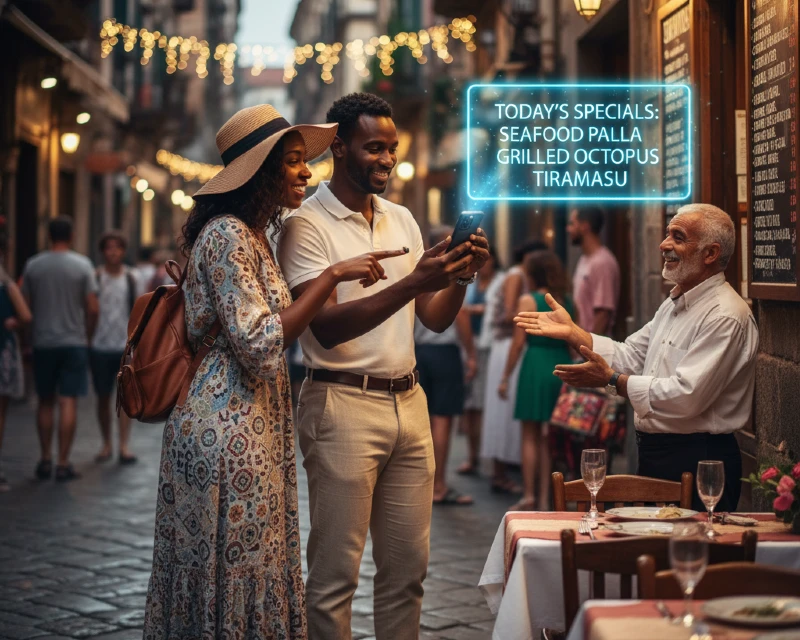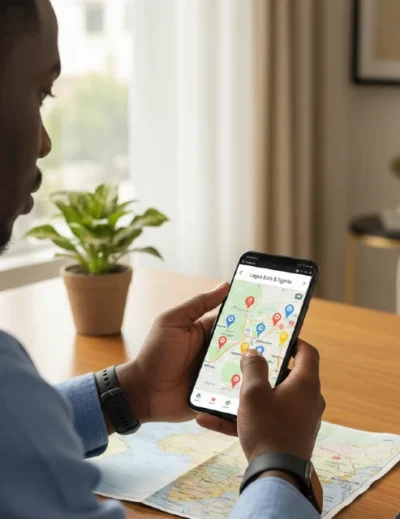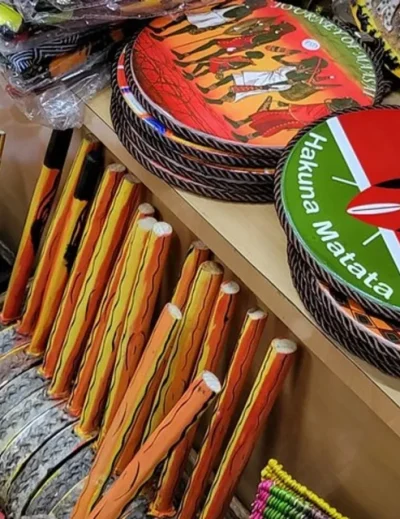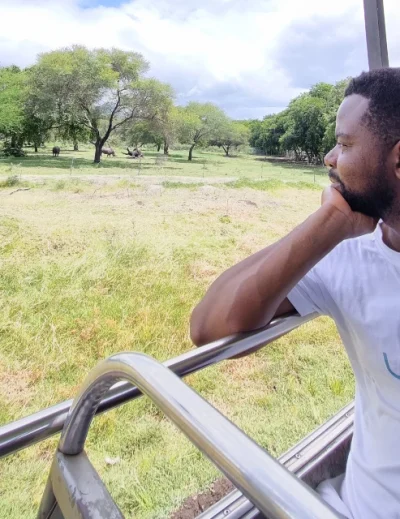
How to travel to countries where English isn’t widely spoken
The world is packed with amazing places to see, sounds to hear, and foods to taste. But if you’ve ever hesitated to book a trip because the country doesn’t speak English, you’re not alone. It can feel intimidating, especially when the signs are written in non-Latin scripts like Arabic, Mandarin, Japanese, or Cyrillic.
But here’s the secret: you don’t need to be a language expert to have an unforgettable trip. Millions of people travel the world every year without knowing a single word of the local language, and they have a fantastic time.
With a little preparation and the right tools, you can explore any corner of the globe with confidence. Here’s how to handle travelling to a place where English isn’t the native language.
Make translation apps your travel buddy
Translation apps are a game-changer. Tools like Google Translate and Microsoft Translator let you type, speak, or even point your camera at text to see the meaning instantly. Here’s how to make the best of this.
- Download offline language packs before you travel so you can use them without internet.
- Use camera translation for signs and menus. Most apps have a camera mode where you just point your phone, and it translates text instantly.
- Pre-save common phrases like “I need a taxi,” “How much does this cost?” or “Where is the bathroom?” in the app favourites. That way, you can pull them up quickly without typing under pressure.
- Take screenshots of important details like hotel address, bus routes, and emergency contacts in the local language and keep them handy.
- Use voice and conversation mode carefully. Some apps allow live two-way conversation translation, where you speak and it auto-translates.
- Don’t rely 100% on the app. Pair it with hand gestures or showing pictures on your phone.
RELATED: How to avoid problems with eSIMs while travelling abroad
Stick to the tourist path
Museums, major landmarks, airports, and hotels usually have staff who can speak some English. Signs are often bilingual, and menus in popular restaurants may have English translations. However, in smaller towns, rural areas, or traditional local markets, English speakers are rarer, and you may need to rely on gestures, translation apps, or even photos.
This is where a few basic local phrases can go a long way.
Learn and save a few key words and phrases
You don’t need to speak the whole language, but knowing some survival phrases can make a huge difference. Not only will it help you get by, but locals often appreciate the effort.
Here are some phrases to memorise:
Arrival and getting around
- Hello / Hi
- Thank you
- Excuse me / Sorry
- Where is…? (toilet, bus, taxi, train station, hotel).
- How much?
- I don’t understand
- Do you speak English?
- Please write it down
Eating and drinking
- Menu, please
- I would like… (pointing at a dish).
- No… (meat, pork, alcohol, spicy)
- Water / tea / coffee / beer / wine
- Bill, please
- Delicious!
Shopping and bargaining
- How much is this?
- Too expensive
- Can you give discount?
- Do you have…? (different size, colour, type).
- I’ll take it
Hotels and accommodation
- Reservation / Check-in / Check-out
- Key / Room
- Wi-Fi password?
- Bathroom / shower / towels
- Air conditioning / heater
Taxis, rides and directions
- To… please (show address on phone if possible).
- Stop here
- Left / Right / Straight
- How long? / How far?
Emergencies and health
- Help!
- Police / hospital / doctor / pharmacy
- I need a doctor
- I’m allergic to…
- Call embassy / consulate
- Lost / stolen
Polite connectors
- Yes / No
- Please
- Good morning / Good night
- Goodbye / See you
Even if your pronunciation isn’t perfect, making the effort will often lead to a positive reaction from the locals. People are usually happy to help someone who is trying to connect with them, even just a little bit.
In the end, travel is about new experiences and stepping out of your comfort zone. Don’t let the fear of a language you don’t know keep you from discovering the world. Pack your phone, practice a few words, and get ready for an adventure.









Leave a Reply